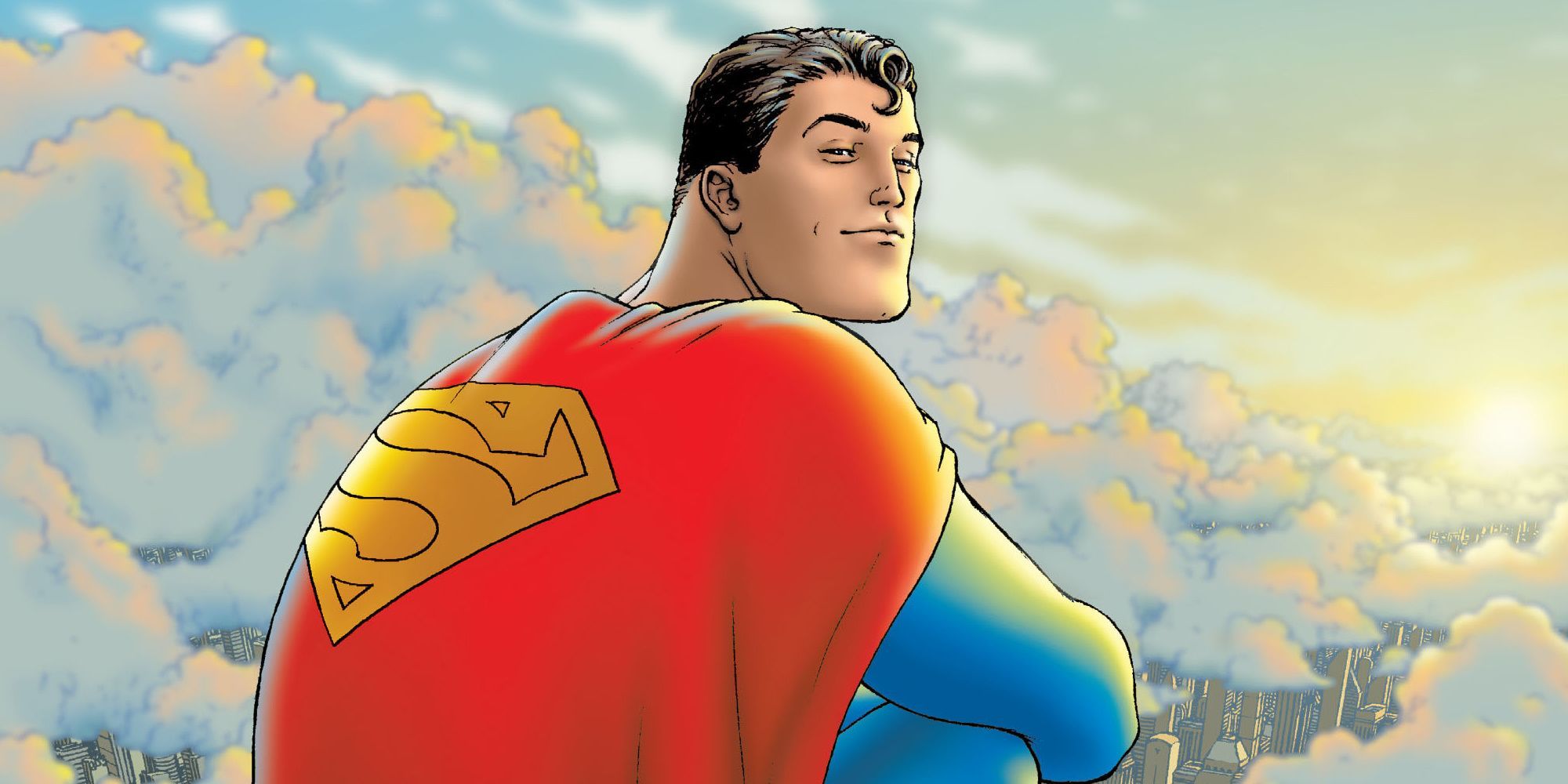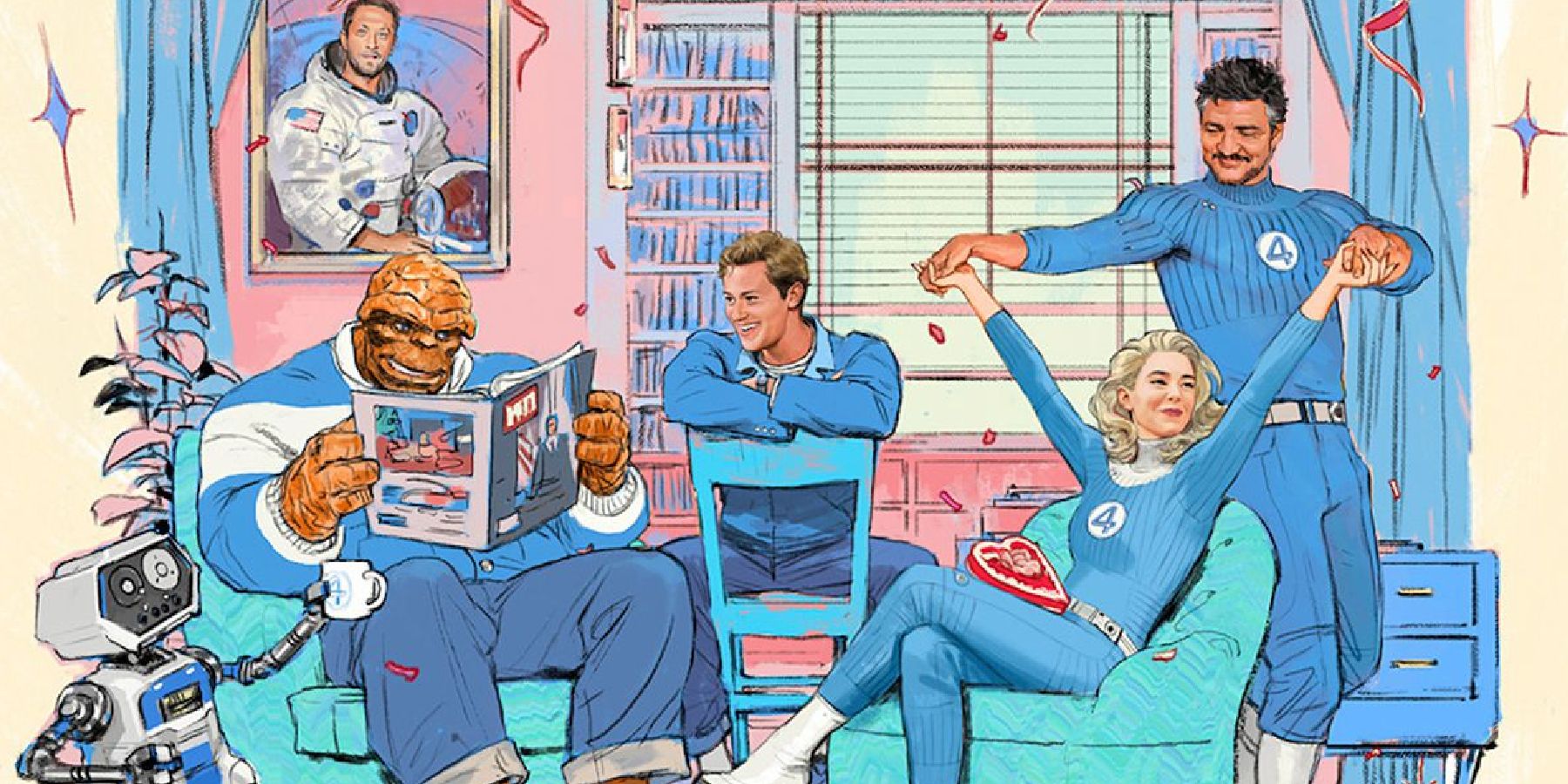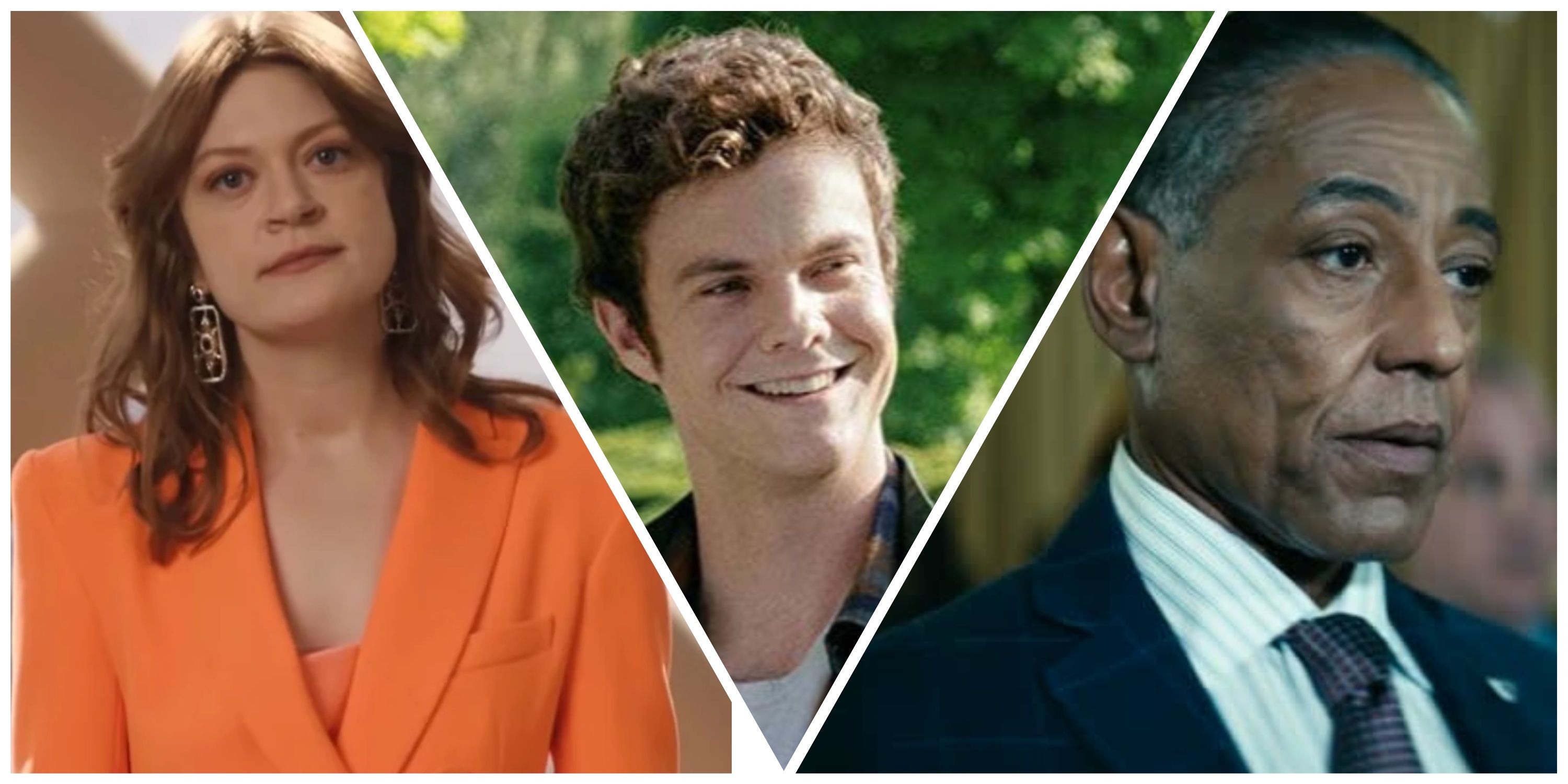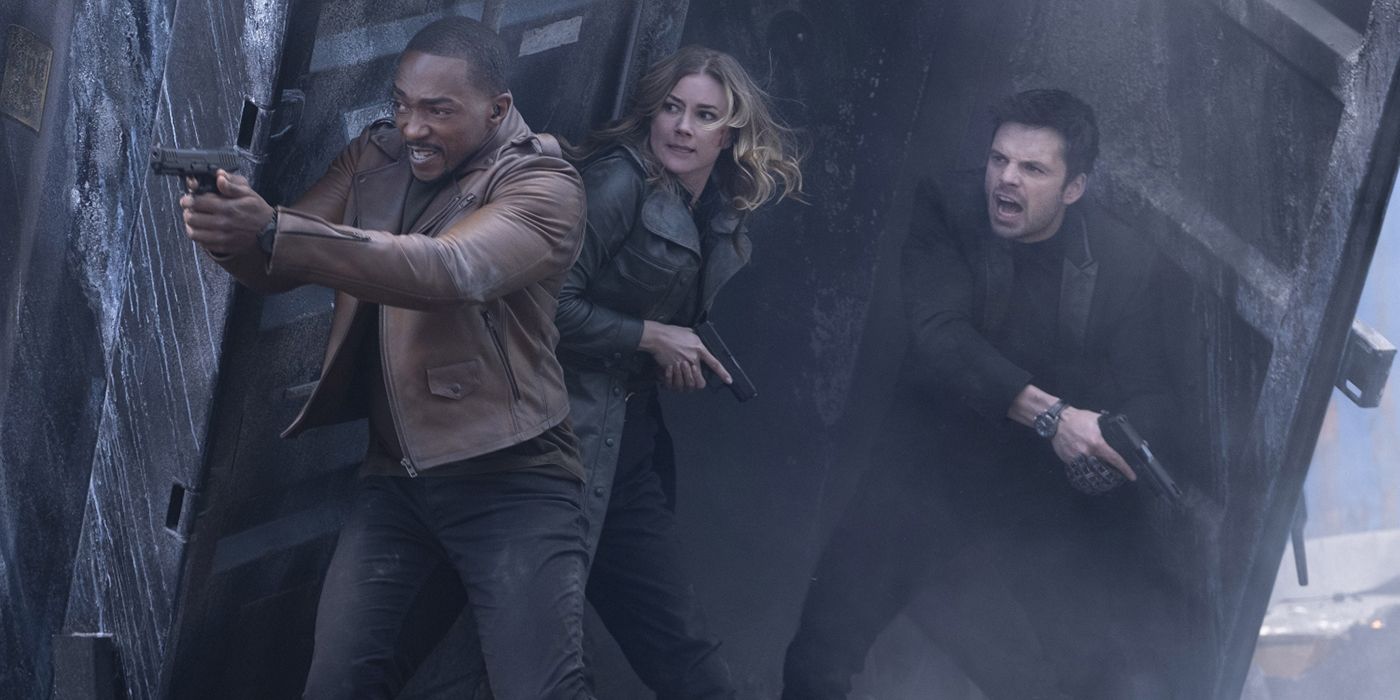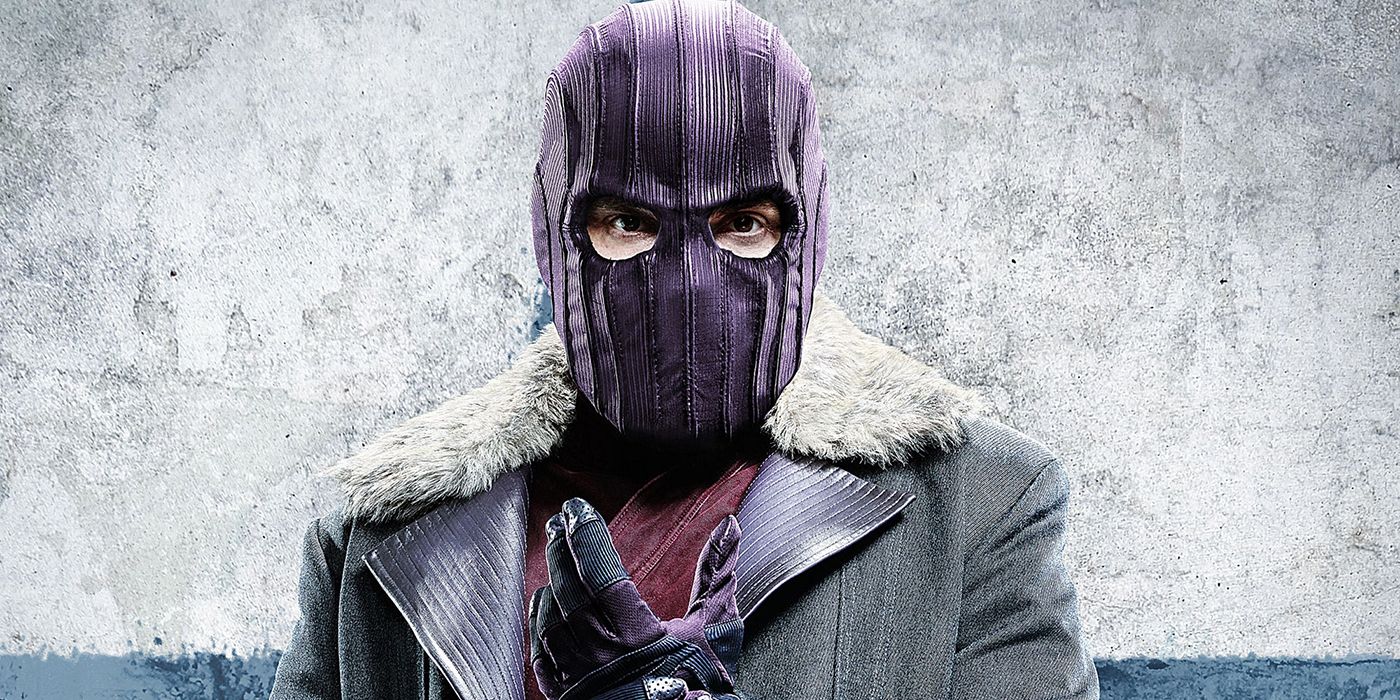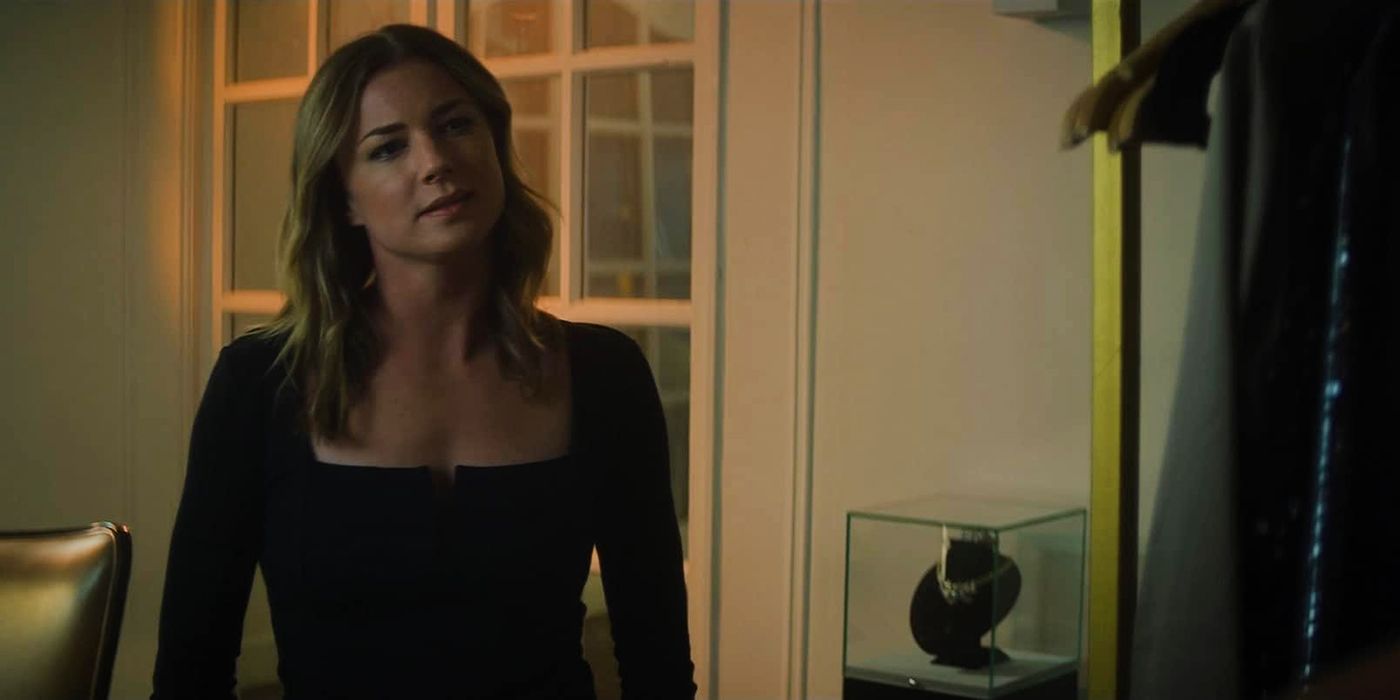The following contains spoilers for Marvel Studios' The Falcon and The Winter Soldier.
When initially announced, The Falcon and The Winter Soldier was intended to be the first Marvel Studios series released on the Disney+ streaming service, dropping in Fall 2020. Although plans obviously changed and WandaVision took that distinction earlier this year, the show’s third episode proves the chronicles of Captain America’s closest comrades were narratively and thematically designed as the spiritual follow-up to 2019’s Avengers: Endgame, long before Marvel Studios shuffled its mass-media schedule in the wake of the COVID-19 outbreak.
“The Power Broker” offers the most extensive look at a post-Thanos MCU yet, positioning the fallout of “The Blip” - from the personal to the international - as the central motivator for almost every member of the series’ cast. This emphasis is no sooner made evident than when the episode opens with an advertisement for the “Global Repatriation Council,” a group dedicated to rehabilitating the billions of displaced Blip victims left behind during their half-decade hiatus from existence.
The Blip isn’t responsible for every five-year absence played out in this episode, however: Daniel Brühl’s Baron Helmut Zemo returns to the MCU following his emotional dismantling of Earth’s mightiest heroes in 2016’s Captain America: Civil War. Desperate for leads on the sudden resurfacing of the coveted Super-Soldier serum, Anthony Mackie’s Sam Wilson and Sebastian Stan’s Bucky Barnes break the baron out of prison, believing his years of hunting for HYDRA operatives could yield a vital lead.
In contrast to the rest of the cast, Zemo’s the lone character propelled by his own ambitions over anything relating to Endgame’s aftermath. Though not unstuck in time like Bucky, Zemo’s scorching hatred for super-powered people hasn’t aged a day, resulting in an unlikely alliance between the estranged Sokovian and the diametrically opposed duo.
For most fans, Zemo returning to the MCU means he would serve as The Falcon and The Winter Soldier’s central antagonist. Instead, Zemo becomes a third wheel to Sam and Bucky’s bitter team-up, and he adds just the right amount of class and arrogance to the general banter, befitting of a man who holds “baron” as a title. It must also be said: his wardrobe is obnoxiously good, teetering on taking attention away from the plot every time he's on screen. The true villain of the series is a mysterious individual known as "The Power Broker," who's been orchestrating the movement of the Super-Soldier serum behind the scenes.
Zemo brings Sam and Bucky to the fictional city of Madripoor, in which he becomes the group's tactician. To blend in with the city's seedy underbelly, Sam takes the role of an eccentric deviant called “The Smiling Tiger” and Bucky brings out his old Winter Soldier silence to be used as a bargaining chip for Zemo’s negotiations. It’s a fun scene, even if the way in which the undercover operation untangles is predictably parsed out.
It’s also in Madripoor where the trio unexpectedly encounters Emily VanCamp’s Sharon Carter, another alum from Steve Rogers’ solo trilogy. Branded a traitor and forced on the run following the events of Civil War, the former S.H.I.E.L.D. operative known as Agent 13 has grown jaded and standoffish in the years since, thriving in Madripoor’s deadly underground. Though she was never exactly a beacon of light in her previous appearances, Sharon’s newfound resentment is both understandable and distinct, culminating in one of the most brutal gunfights the MCU has ever seen. Though Zemo’s a lot of fun, Sharon is the episode’s highlight.
It's safe to say "The Power Broker" has a lot going on - from breaking Zemo out of prison to mingling and gunfighting in Madripoor, the episode mainly sticks to Sam and Bucky's plight instead of evenly distributing screen-time to the three ongoing plot threads like usual (Erin Kellyman’s Karli Morgenthau, leader of the “Flag Smashers” terrorist group, and Wyatt Russell’s John Walker, the newly-christened Captain America, leading the other two). The episode is quick to erase any potential sympathy for Karli, demonstrating her unhinged bloody extremism in a fiery car-bomb setpiece. Meanwhile, John Walker and his partner, Cle Bennet's Lemar Hoskins, follow Bucky and Sam's trail, picking up on their new comradeship with a known criminal.
With so much globetrotting comes contrivance: Zemo's aforementioned prison spring is almost too perfectly tuned out, even if it's mostly for the sake of a joke. Furthermore, Sam and Bucky appear far too negotiable with the man who murdered the king of Wakanda and framed Bucky for it. Of course, it's all to keep the ever-sprawling escapades at a consistent pace, but some important character-driven context is left behind amidst the plot propulsion. These contrivances result in hollow narrative moments, such as Sam's closing monologue lacking the weight it would otherwise command, as he laments his frustration under the shadow of the shield that he gave up.
Layered with excellent characterization and the best flavor of snappy action-movie dialogue on the market, The Falcon and The Winter Soldier’s third episode retains the most important qualities of the two preceding episodes. However, its rushed narrative holds it back from reaching the heights seen in the skies above Tunisia, inside the Bradley residence, or during the Winter Soldier’s therapy session. Having now reached the halfway point (and with Florence Kasumba's Ayo bringing Wakandan intrigue to the proceedings in the episode's final shot), the series has begun to experience some growing pains. Hopefully, Sam, Bucky, and Zemo will find a slower, more stable story next week.

